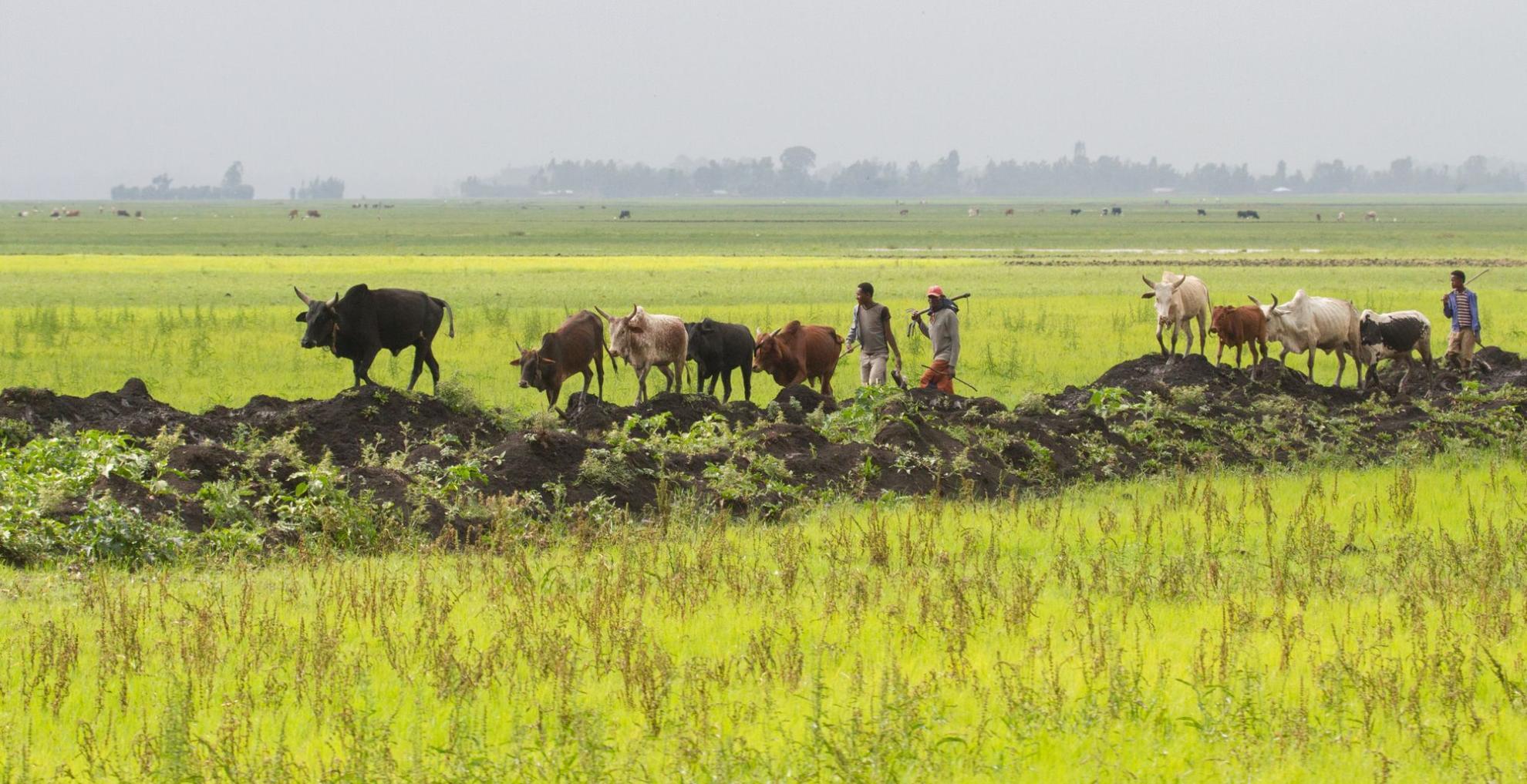Despite widespread use of inactivated vaccines to control foot-and-mouth disease (FMD), there is no systematic approach to demonstrate the regional relevance of products against the specific serotypes and strains that circulate in endemic countries in Africa and Asia.
A failure to adopt independent testing of FMD vaccines has contributed to poor trust in their quality and a lack of investment in vaccination programmes.
Writing in npj Vaccines, scientists from The Pirbright Institute explain how they worked with colleagues from Ethiopia and Italy to establish an antigen panel to assess the regional relevance of FMD vaccines.
The research involved teams from the African Union Pan African Veterinary Vaccine Centre (AU-PANVAC) in Ethiopia and Instituto Zooprofilattico Sperimentale della Lombardia e dell’Emilia Romagna in Italy.
Pirbright scientists established a tailored reference antigen panel representing four serotypes to measure FMDV-specific antibody responses in cattle after the administration of FMD vaccines commercially available in the region.
Co-author Dr Don King, Head of Pirbright’s Vesicular Disease Reference Laboratory Group, leads the Food and Agriculture Organisation (FAO) World Reference Laboratory for FMD (WRLFMD).
“The tailored panel revealed inconsistencies and gaps in cross-neutralisation responses that are evident for some FMD vaccines even after giving booster doses,” said Dr King. “We concluded that the East Africa reference antigen panel can be used to evaluate FMD vaccine potency and drive improvements in vaccine quality.”
Co-author Dr Anna Ludi added, “Due to the seen benefits of this work in East Africa and with the endorsement of the WOAH/FAO FMD Reference Laboratories Network, further panels are currently being developed for other endemic regions.”
FMD is an economically important vesicular disease that primarily affects domestic and wild cloven-hoofed animals. The causative virus (FMDV) is a member of the family Picornaviridae in the genus Aphthovirus and exists as multiple serotypes and strains.
Africa harbours the widest range of FMDV serotypes and strains, but there are no agreed FMD vaccine strains for use, and a lack of independent quality control of the FMD vaccines that are available.
Professor David Paton, co-author, added: “Panel use provides an impartial and objective measure of potency, which allows users to select the most suitable vaccines for their situation and this will also drive up the quality of products on offer.”
Read the paper: https://doi.org/10.1038/s41541-025-01128-7
